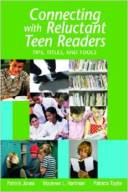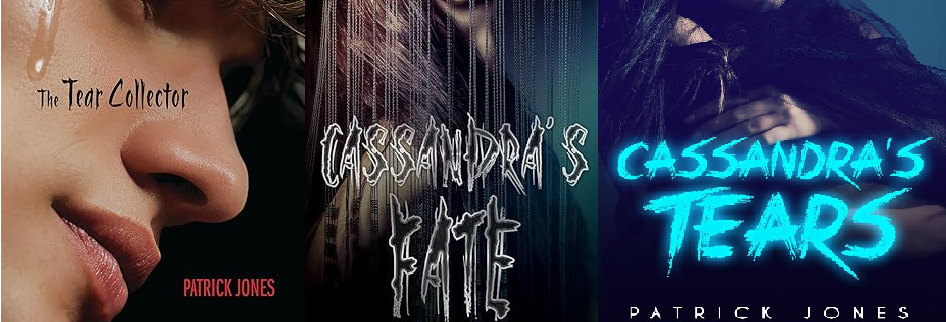I believe I first attended ALAN (Assembly on Literature for Adolescents) in 2004 to promote Things Change. I was the last speaker on the last panel on the last day, which should have been a signal that getting to the front of the room in the field writing YA was going to be a whole lot harder than it was in the world of writing about books / services for teens where I normally was the key note. I met lots of new people including Daria Plumb who was conducting a small breakout session on connecting reluctant readers to classics.
I attended ALAN a few more times  (including the 2006 Gaylord Opryland Hotel fiasco – not the program, but the hotel) and even wrote some articles for ALAN Review starting with “Thin Books, Big Problems: Realism and the Reluctant Teen Reader” and most recently “Mind Games: Mind Control in YA Literature.” I hope to publish again and continue to attend ALAN in the future.
(including the 2006 Gaylord Opryland Hotel fiasco – not the program, but the hotel) and even wrote some articles for ALAN Review starting with “Thin Books, Big Problems: Realism and the Reluctant Teen Reader” and most recently “Mind Games: Mind Control in YA Literature.” I hope to publish again and continue to attend ALAN in the future.
So in one of those full circle things, flash ahead a decade and a year. Daria is now president of ALAN and I’m not writing about reluctant readers, but writing for them. She asked me to put together a panel of real experts, that is YA reluctant readers, to speak at the conference, which I was able to do thanks to Beth Kowski, a teacher at an alternative high school in Richfield MN. She rounded up four students (Larry, Jasmine, Angel, and HECTOR!!) who graciously for little compensation (a box of books and pizza) too their time to answer the questions below to the hundreds of teachers, librarians, and authors assembled. Their answers, the best I remember, are in bold.
- Tell us a little bit of your reading habits now and maybe back in middle school. Is reading for pleasure in your top ten list of things to do?
Most of the students mentioned not reading much in middle school namely because it was always something they had to do, and often the books were boring or books they couldn’t connect at all to their personal experiences. Other things were way more important.
- If you come to us as a more reluctant reader, was there one book which helped turn you around?
Monster, Child Called It, True Diary of a Part Time Indian and Hamlet. Yes, Hamlet! (For those of you who don’t think your reluctant readers will connect with Hamlet, may I suggest…)
- If so, which one and what was it about that book What makes a good book for you: story, character, theme, action. And what makes a book you don’t like – please no names here.
All of them spoke about a book needing a dramatic beginning that caught their interest, lots of action, connecting with the character and then watching the character they grow to care about work through some hard stuff, even if they don’t always win in the end. Larry talked a great deal about liking street fiction because he, as a young black male from the inner city, could relate to everything going on within the book. Relatability was mentioned by each student.
- How do you choose what to read? Friend recommendation? Your teacher (you don’t have to say this just because she’s standing right her). Browsing in a library or store?
Jasmine talked about browsing in the library but the rest said they learned about books mainly from their teachers or a librarian, not their friends and not through social media
- Finally, you have an audience of teachers, librarians, and authors all eager to encourage teens to read. Help ’em out. If could you give each of them two or three ideas what would it be.
I was wrapping up here so I don’t really recall most of what was said other than it seemed to echo what they’d already said: authors, if you want to reach kids like us who don’t read, then write books that will make us want to read. Teachers and librarians, they said, know that kids like us would read if we only find the good books, so tell us which ones we would like.
 So, nothing groundbreaking, most of it confirming the research and what I’ve written about connecting with reluctant teen readers. Left untouched was the elephant in Ballroom A and B. Four kids of color telling an audience of mainly white librarians, teachers, and authors to write / connect them with more books they can relate to, which often mean characters which look like them.
So, nothing groundbreaking, most of it confirming the research and what I’ve written about connecting with reluctant teen readers. Left untouched was the elephant in Ballroom A and B. Four kids of color telling an audience of mainly white librarians, teachers, and authors to write / connect them with more books they can relate to, which often mean characters which look like them.
 And who can / should / does write those books is an elephant I ask about in every interview and ride every night that I sit down to write books, just trying to be doing right.
And who can / should / does write those books is an elephant I ask about in every interview and ride every night that I sit down to write books, just trying to be doing right.




Permalink
Just want to clarify my statement about the fiasco in Nashville – that wasn’t a shot at the program or conference, but the hotel hosting the workshop. I spent Sunday night sleeping on a sofa in meeting room. If I recall there were about 500 5th graders, us and one open restaurant. The hotel wasn’t within walking distance and the bar closed too early.